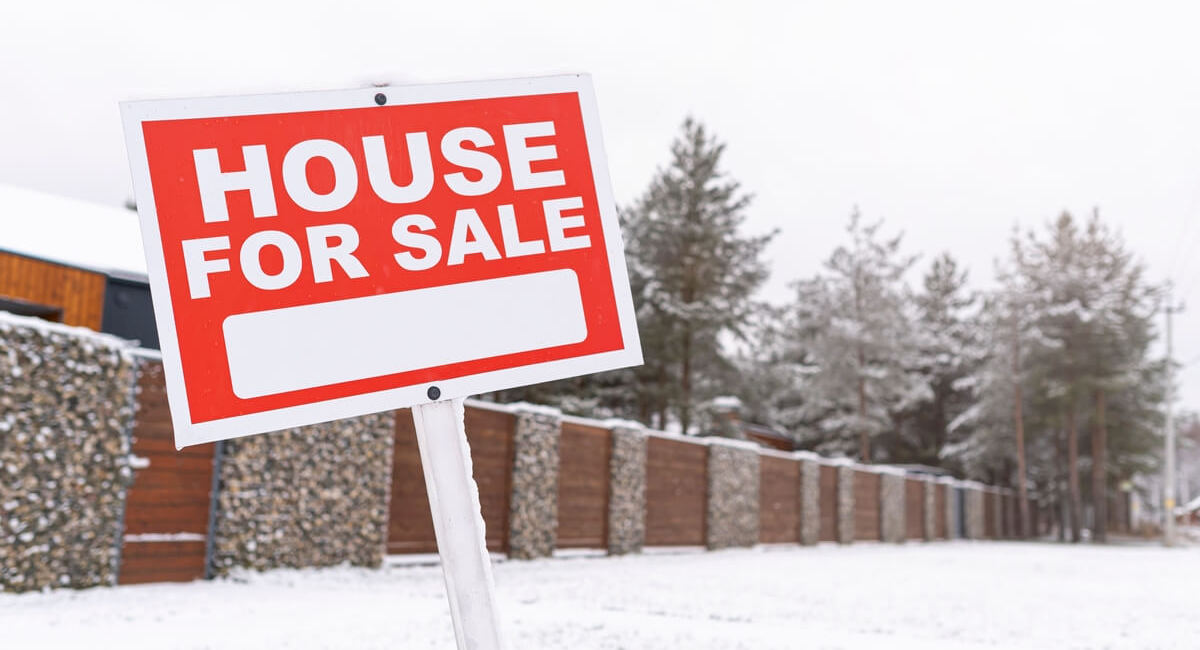So, you’ve made the big decision to sell your home, and now you’re probably wondering where to even begin. There’s usually a lot to tackle before you put it on the market, and while every home needs a little love to get ready for buyers, it doesn’t have to be overwhelming. Breaking it down into smaller steps can make the process manageable. Here are five key steps to help you prepare your home for sale.

1. Find A Real Estate Agent
The first step after deciding to sell your home? Finding a real estate agent you can trust. A good agent is a treasure trove of knowledge and can guide you through all the important decisions along the way. Sellers who work with agents tend to get higher offers and sell their homes faster compared to going solo.
Start by checking out a few local agents. Browse their websites, read some reviews, and get a feel for the types of homes they’ve sold. You’ll want someone with solid experience in selling homes similar to yours, both in style and size. And of course, they should know your neighborhood inside and out.
When you connect with an agent, don’t hesitate to ask about their experience. Some focus more on buyers, while others are pros at working with sellers. Make sure they’ve got the expertise you need to sell your home. It’s also a good idea to ask how they communicate during the process and how often you’ll hear from them. And don’t forget to talk availability—if your schedule is tight, you need an agent who can work around it.

2. Decide On Upgrades

3. Clean And Declutter

4. Stage The Home
Staging is a great way to boost your offers, especially when you’re up against other sellers. The goal is to remove personal touches and make the space look as visually appealing as possible, so buyers can picture their dream home in it.
Your real estate agent will guide you through staging, and some agents even rent furniture to help the process. Start by putting away personal items like family photos, clothing, toiletries, and toys. You might also want to consider repainting if your walls are bold or bright.
After depersonalizing, you and your agent can create a simple and welcoming decor plan. Neutral decor tends to work best, and adding touches like pillows, plants, or flowers can really help. Lighting is another big factor, so adding extra lamps or fixtures might be part of the plan.
Every room should have a defined purpose when staging. Even if you don’t use that spare room as a home office, it might make sense to set it up as one. Staging helps buyers see just how practical and versatile your home can be.

5. List And Market The Property
Once your home is looking sharp and staged just right, it’s time to get the listing together. Your real estate agent should be leading the charge here. High-quality photos are a must when it comes to marketing your home, so don’t be surprised if your agent brings in a professional photographer. Some sellers even go the extra step with a video walkthrough of the property. The listing description should really highlight all the best features—think upgraded appliances, plenty of storage, or being in a top-notch school district.
When buyers start showing interest, you and your agent can set up showings. It’s best if you’re not around for these—let your agent do what they do best and answer any questions from potential buyers. This part of the process can feel a bit stressful, but remember all the hard work you’ve put in will pay off.
Prepping your home for sale can take a little time depending on its condition. The goal is to make sure it’s in great shape by the time it hits the market to attract as many buyers as possible. Give yourself enough time to clean, upgrade, and stage the house. If you’re unsure what needs doing, ask your agent for advice. Putting in that extra effort will bring more buyers to your door, and who knows—it might even lead to higher offers.


